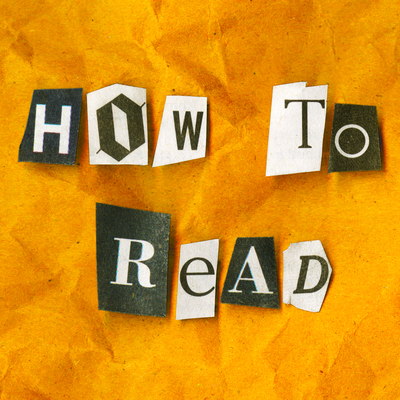Reading today is typically silent – whether reading a book in a library or reading messages on our phones, we don’t expect the activity to be noisy. At most, we expect the sound of a page quietly turning. But Andrew Albin is interested in the medieval period, when books made all kinds of sounds. Medieval books were noisy: they crackled and creaked, and were usually read aloud (even in private). Andrew argues that we should think of medieval books not just as objects to look at, but as a kind of musical instrument that needs a reader to bring its sounds to life.
For a transcript of the episode, click here.
Bonus clip
Works mentioned
– Alkemie (medieval music ensemble, including Niccolo Seligmann). You can listen to their music on their YouTube channel.
– Mark Doty, “Embrace” (you can listen to an audio recording of the poem here, though Andrew points out the reading of “warm brown tea” isn’t exactly the same as in the recording he discusses in the episode)
– Andrew Albin and Amy Sterly, Multiplicamini (part of the Bodleian Library’s Sensational Books exhibit)
Further reading
Jessica Stewart at My Modern Met – How Illuminated Manuscripts Were Created During the Middle Ages
Ross King at Literary Hub – Goatskin, Tree Bark, and One Expensive Scribe: How “The King of the World’s Booksellers” Produced Manuscripts
Michelle M. Sauer at Sounding Out! – Audiotactility & the Medieval Soundscape of Parchment
Lady Science at The New Inquiry – Women Scribes – The Technologists of the Middle Ages
Meghan Cox Gurdon at Literary Hub – Rediscovering the Lost Power of Reading Aloud
Les Enluminures (a podcast about medieval and Renaissance artwork)
Two archives of illuminated manuscripts: Bibliotheca Palatina and Shâhnâmah at NYPL
